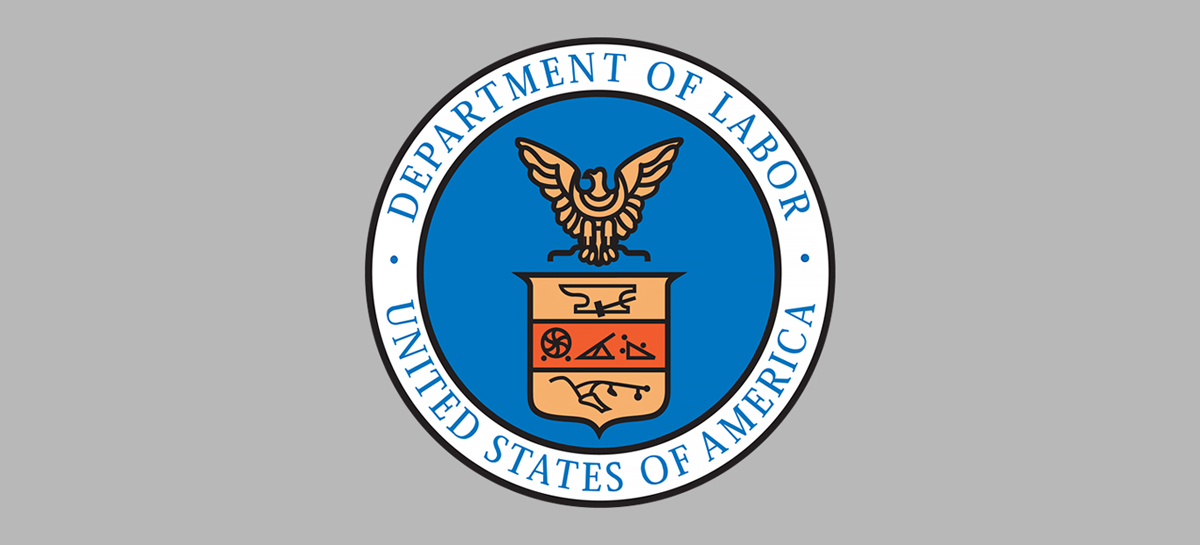
On Nov. 3, 2020, the U.S. Department of Labor (DOL) published two new opinion letters providing the DOL’s official position on how the Fair Labor Standards Act (FLSA) applies to employee pay when there is work-related travel or employee training.
Voluntary Training Programs – The FLSA requires employers to compensate their employees for all hours of work. While the FLSA does not define what qualifies as “work,” the U.S. Supreme Court has determined that employees should be compensated for any time that “is spent predominantly for the employer’s benefit.” One of the new DOL opinion letters, FLSA2020-15, addresses six different scenarios that exemplify how DOL regulations apply in situations where employees participate in voluntary training that is related to their work, both within and outside working hours.
Travel Time for Non-exempt Employees – The FLSA requires employers to compensate their employees for any time they are “suffered or permitted to work.” Compensable time may include time spent walking, riding or traveling if it is related to the employee’s principal activities. However, an employee’s commute to and from work is not typically compensable. FLSA2020-16 addresses three different scenarios where employees are required to travel to complete their work assignments. For each scenario, the opinion letter outlines the process the DOL uses to determine whether travel:
- Is within or outside of the employee’s hours of work; and
- Is “integral and indispensable” to the employee’s principal activities.
Next Steps for Employers – Employers that rely on opinion letters may be able to establish a “good faith defense” under the law. As a result, employers should review the scenarios discussed in these letters and determine whether this new guidance affects their current employee classification and payroll practices. The public can search for existing opinion letters by keyword, year, topic and a variety of other filters on the DOL’s website.